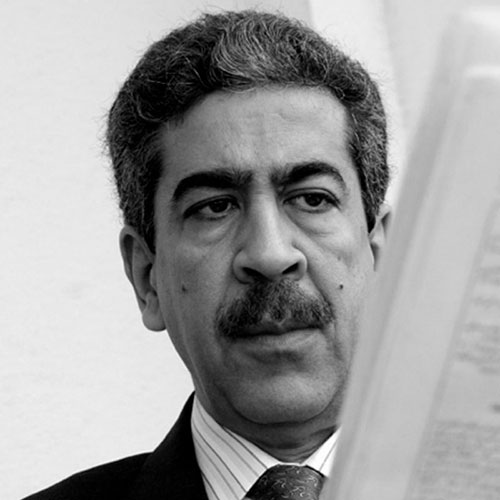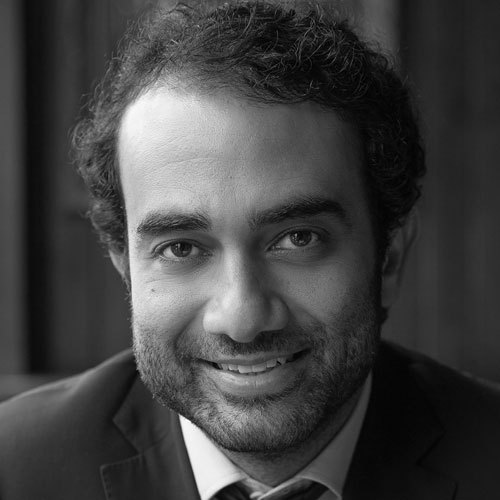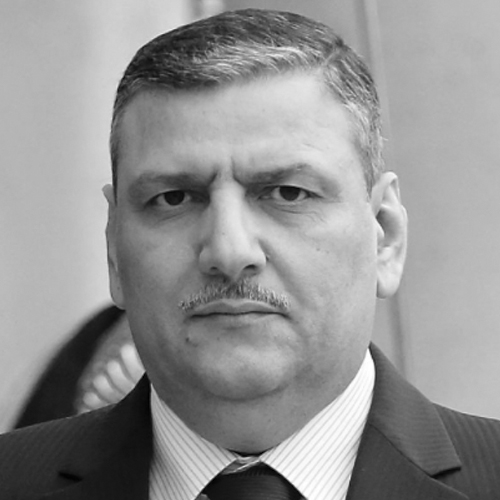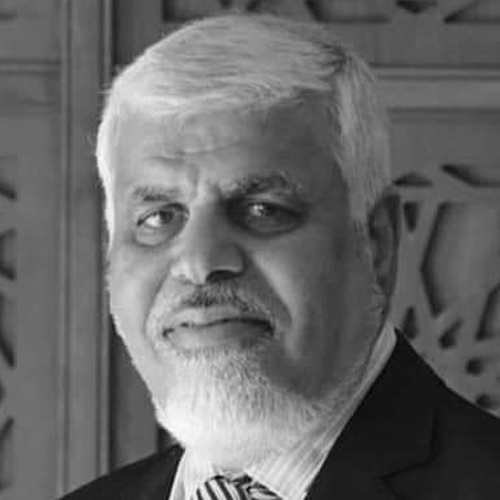As the Middle East approaches 10 years since the uprisings that marked the start of the Arab Spring, the tumultuous decade has left many unanswered questions as to the future of Arab states and societies. Beyond the headline-grabbing uprisings of 2011 which saw protests spread across the region in what many observers and political actors alike interpreted as a broad outcry for political change across Arab societies, the complexities of the grievances and struggles of today’s citizens of Arab states, although largely unchanged from a decade ago, are better seen for their connection with day-to-day life.
Looking a decade back from today a number of key issues stand out that will undoubtedly impact the future of the region. Increasing pauperisation, lack of opportunity for Arab youth, the seemingly perennial issue of corruption, social mobility and change, as well as the ever-present elephant in the room, political legitimacy, all have great potential to cause seriously negative impacts if not properly dealt with. Add to that the ‘brain drain’ facing many Arab states, the foundation needed to build a better future appears to be increasingly shaky.
Although the situation varies from state to state and while hope for a more prosperous and inclusive decade to come remains, many observers and experts have increasingly come to consensus on one key point: that given the balance of power, the objectives of the Arab Spring were bound to encounter significant and perhaps insurmountable obstacles. This session will discuss the future of the Arab world in the context of the legacy the uprisings that shook the region almost a decade ago.
Discussion Themes
• What are the major issues facing Arab states and societies today? Have these issues and concerns changed since 2011? How does the near-term legacy of the Arab Spring factor into the main issues we see today?
• Was the emergence of a notion of popular rule in several Arab states following the 2011 protests merely a “mirage” or a “false dawn” as some observers have argued? Was the popular anger on display truly a transformative moment for the idea of political self-determination?
• According to a number of surveys, the Gulf States stand out as relative bastions of stability and citizen satisfaction. What accounts for this and is this sustainable in a post-Covid 19 world where energy prices are likely to remain depressed?
• What lessons from 2011 have popular movements in Lebanon, Algeria and Sudan incorporated into their respective approaches? Can these be considered as a ‘second-wave’ of the Arab Spring or are they independent of the drivers of the uprisings in 2011?
• In light of counter-revolutionary pushes and a shifting regional geopolitical environment, where do the grander aspirations of the Arab Spring stand today?
Discussants
• Madawi Al-Rasheed – Visiting Professor, LSE Middle East Centre
• Maha Azzam – Head of the Egyptian Revolutionary Council
• Ammar Kahf – Executive Director of Omran for Strategic Studies & Board Member of the Syrian Forum
• Yasin Aktay – Advisor to the Chairman of the AK Party & Professor, Yıldırım Beyazıt University
• Ahmet Uysal – Director of Middle Eastern Studies Center (ORSAM) & Professor, Istanbul University
• Iyad El Baghdadi – President of Kawaakibi Foundation
• Radwan Masmoudi – President of the Center for the Study of Islam and Democracy, Washington D.C
• Elizabeth Nugent – Assistant Professor, Yale University
• Courtney Freer – Assistant Professorial Research Fellow, LSE




